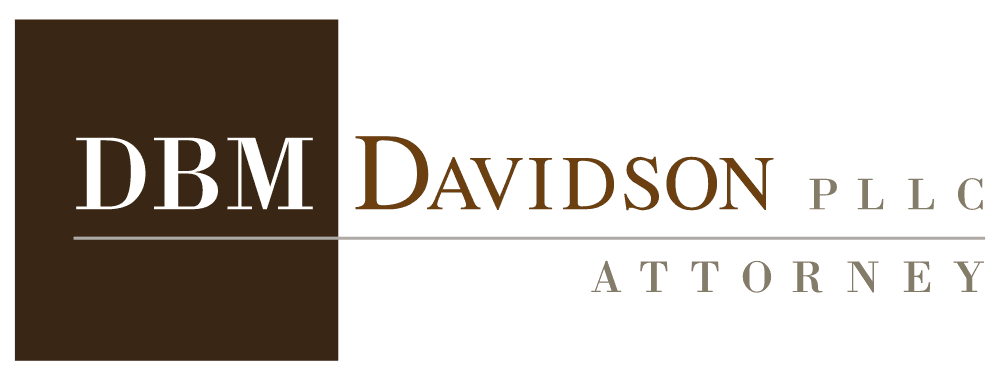It was just another night, at home with the kids.
“Not again.” Mary winced as she glanced at her ringing phone. Another unknown caller. Always at the worst time.
“Let it ring,” Jim muttered.
What else could they do? They couldn’t make them stop.
More calls would come. But Jim and Mary had nothing more to offer.
Not to the callers, not to the letter writers, not to their lenders.
Jim and Mary were stretched to the limit. And their nerves were shot.
Most of all, they needed a break from the suffocating pressure of unpaid debt. Neither of them could wait any longer.
A few days later, Jim and Mary filed bankruptcy.
The calls stopped, and they were starting to catch their breath.
When their bankruptcy was filed, the automatic stay protected Jim and Mary from their creditors. Immediately.
Except as to certain types of debt, there could be no more collection calls.
No more lawsuits or wage garnishments.
And they were protected from repossessions and foreclosures.
HOW DOES THE AUTOMATIC STAY PROTECT PEOPLE AND THEIR ASSETS?
The bankruptcy law is intended to provide a fresh start.
The automatic stay stops collection efforts while a bankruptcy case is administered by the Bankruptcy Court.
The automatic stay is one of the forms of relief that follows the filing of a Chapter 7 bankruptcy or a Chapter 13 bankruptcy.
The automatic stay protects individuals and their property from creditors.
In almost every bankruptcy case, all collection activity stops forever, all property is retained, and all dischargeable debt proceeds to a discharge.
WHAT ARE THE EXCEPTIONS TO THE AUTOMATIC STAY IN BANKRUPTCY?
There are exceptions to the automatic stay, but few of them are relevant to a personal bankruptcy.
These exceptions, if they apply, allow certain types of actions to proceed even though the bankruptcy was filed.
First, the automatic stay won’t stop a criminal investigation, or prosecution of a criminal action.
Second, the automatic stay won’t stop an action to establish paternity, or an action regarding alimony, maintenance, or support. The rights of parents and children are primarily for the state courts to determine, without any delay caused by a bankruptcy filing.
Similarly, the automatic stay won’t stop an action concerning child custody or visitation, or an action for the dissolution of a marriage. Or an action regarding domestic violence.
And the automatic stay won’t stop an action for the collection of a domestic support obligation from property that has been exempted from the bankruptcy estate.
Third, the automatic stay won’t stop an audit to determine a person’s tax liability, or the issuance of a notice of tax deficiency and demand for payment.
Finally, the automatic stay won’t prevent the government to exercise its “police powers” as needed to to prevent or stop a violation of fraud, environmental protection, consumer protection, safety, or similar police or regulatory laws.
This exception allows the government to revoke business licenses or registrations if the action relates “primarily to the protection of the government’s pecuniary interest in the debtors’ property or to matters of public safety and welfare.”
However, the automatic stay will prevent the government from taking actions based solely on non-payment of financial obligations, such as taxes or license fees where the agency’s action affects only the debtor.
The Bankruptcy Court has the power to terminate the automatic stay if a creditor can show cause to lift the stay.
A default in the payment of secured debt is the most common cause for a court to grant relief from stay. Even though bankruptcy is filed, it is important to continue making payments when due on car loans and home loans.
A creditor seeking relief from stay is required to file a motion with the court that details the reasons for lifting the stay. The court won’t take any action unless notice of the motion is given to the debtor, and the debtor has an opportunity to defend.
In many cases, there will be time to negotiate a period of time to bring past due payments current, and resolve the default.
Also, the Court will deny a request for relief from stay if the interests of the creditor are protected by surplus value in the collateral, or is other defenses are established.
Davidson Backman Medeiros PLLC Can Help
Davidson Backman Medeiros PLLC helps individuals file for personal bankruptcy under Chapter 7 and Chapter 13 in Seattle, Spokane, and throughout Washington. Davidson Backman Medeiros PLLC is a debt relief agency under federal law.
